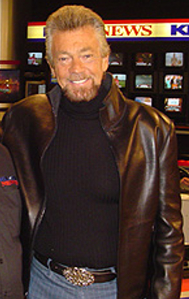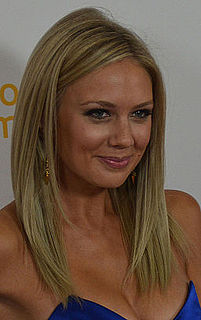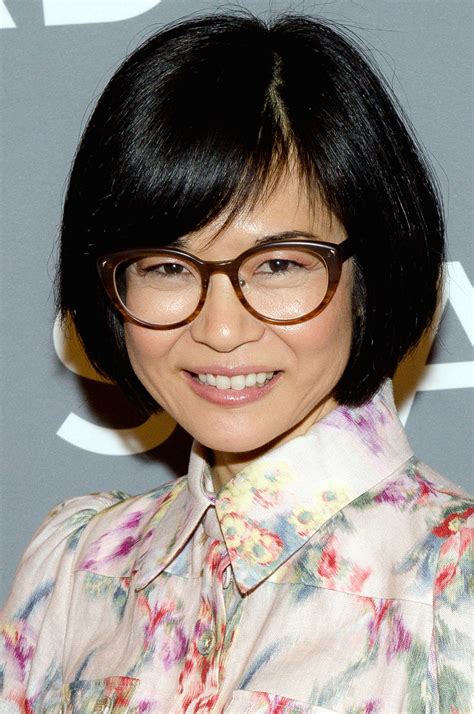A Quote by Guillermo del Toro
TV now, you have to plan it: you structure it for binge watching, meaning you structure the whole season like a three-act play. You have a first act - the first third of the season - second act is the middle third, and you structure it like that.
Related Quotes
I enjoy a third act, and I like stories with ending. A lot of my frustration with serialized storytelling is a lot of shows don't have a third act. They have an endless second act, and then they find out it's their last year and often have to hustle to invent a third act, but they were never necessarily organically meaning to begin with.
As I saw my 60th birthday approaching, I thought,What did 60 mean to me? I figured I'd probably live until I'm about 90, which meant that I was at the beginning of what I call my third act. As an actress, I know how important the third act is. It makes sense of the first and second acts. You can have first and second acts that are interesting, but you don't know what they mean. Then a good third act pulls it all together. And so I knew that, because I sat by my father's side over the long months when he was dying.
You go to the cinema and you realize you're watching the third act. There is no first or second act. There is this massive film-making where you spend this incredible amount of money and play right to the demographic. You can tell how much money the film is going to make by how it does on the first weekend. The whole culture is in the crap house. It's not just true in the movies, it's also true in the theater.







































